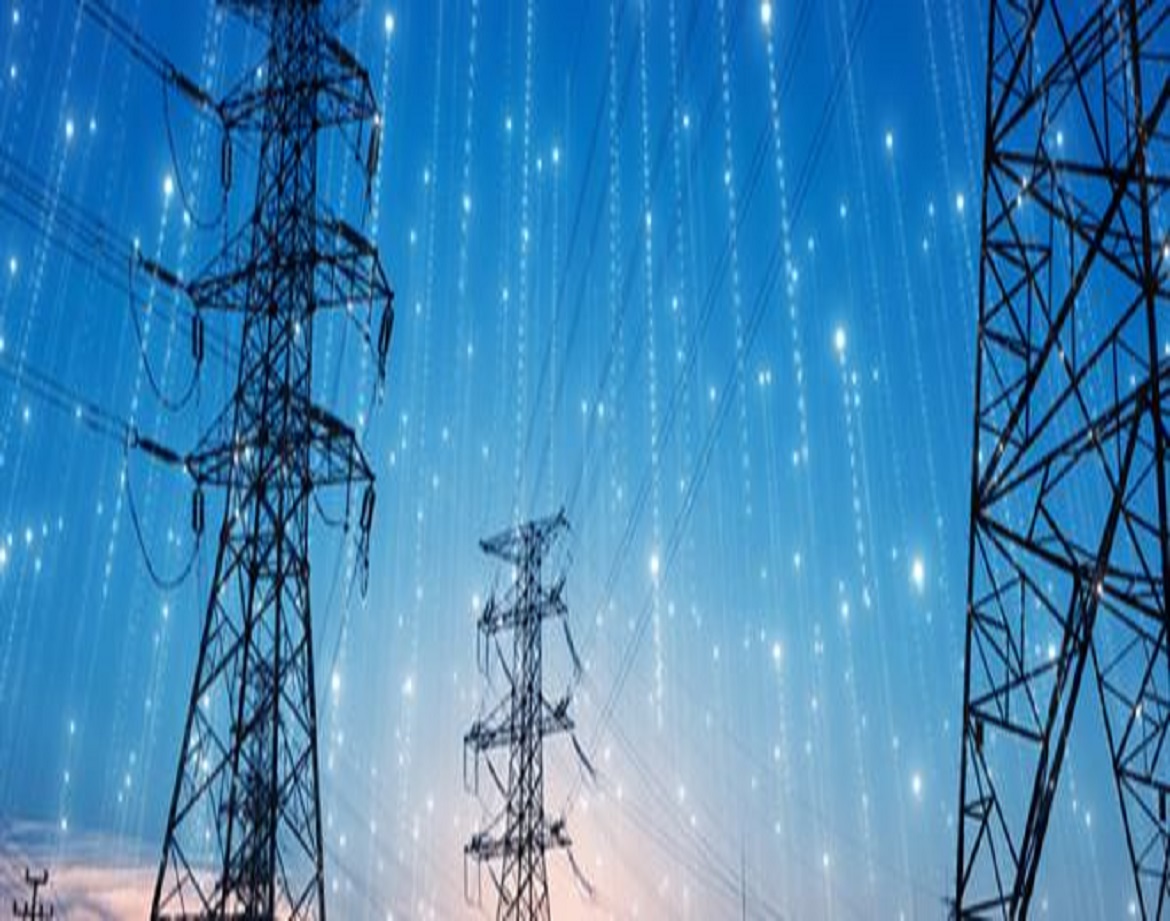- Mazars building 2nd Floor 18, Oba Akran Avenue. 100212 Ikeja Lagos - Nigeria
- +234 915 387 7293
- customerservice@dirigible.ng

Apr 16, 2021
The demand for smart meters is growing worldwide, yet it must address critical issues sooner rather than later for the industry to reach its potential.
With a global shift to less predictable renewable energy sources, utilities companies need more precise data to balance loads on the grid. At the same time, consumers want greater control over their energy usage.
Smart meters meet both these demands, yet they also introduce a wealth of serious security issues – from privacy problems to state-sponsored cyber-attacks. Smart meter security and reliable connectivity are, therefore, paramount if smart meters are to become truly widespread.
Manufacturers who can show their devices are safe will win the trust of utilities companies - and become a preferred partner for decades to come.
There's more.
As utilities look to their smart meter suppliers to offer end-to-end managed services, meter manufacturers making this business model transition need to provide the right connectivity for their meters, according to strict Service Level Agreements.
Therefore, they need to make sure this connectivity will be reliable over the long lifetime of smart meters while keeping TCO (Total Cost of Ownership) within budget.
The estimated size of the smart meter market by 2024
Number of smart meters expected to be installed by 2024 worldwide
Serious delays have marked smart meter rollouts in several key markets.
Utilities providers are increasingly demanding of smart meter manufacturers. Your devices must demonstrate:
Data breaches and hacking are of grave concern to utilities, conscious that a single breach could endanger their customers and even bring down national grids. Smart meter security is therefore paramount, and you must be able to demonstrate your devices are secure.
Smart meters will be deployed in customers' homes for years. Manufacturers need to prove their devices will continue working long term and can receive updates and upgrades over time.
Smart meters must send reliable data to the utility provider at all times because accuracy is crucial for balancing the grid. Continuous smart meter connectivity is, therefore, essential.
Utilities spend up to 24 months on the bidding process for smart meters, then expect delivery within as little as 4-6 weeks. You will, therefore, need to be able to turn projects around fast.
Utilities and Smart meter manufacturers undertaking transformational managed service projects need to ensure that performance conforms to SLAs (Service Level Agreements) and costs are at or below the business case calculation. Predictive maintenance and optimum network usage throughout the meter’s lifecycle are key to this.
Thales' 24/7 smart meter connectivity solutions, advanced security expertise, and device lifecycle management platform allow you to meet the requirements of utility companies.
© Copyright 2024 dirigible.ng All Rights Reserved